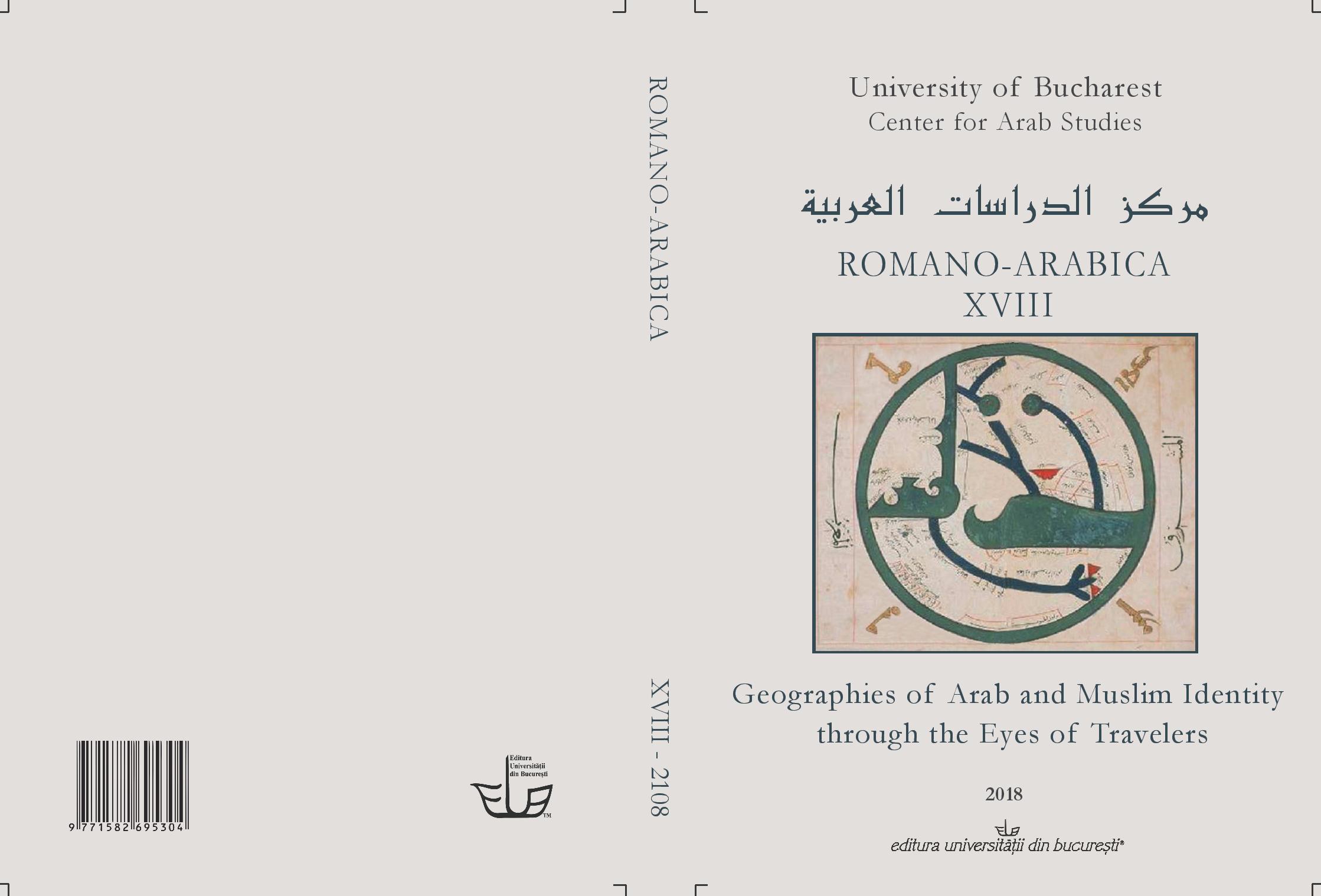AL-ĞĀHIẒ’S AR-RADD ‘ALĀ N-NAṢĀRĀ: FICTIONAL EXTERNAL GEOGRAPHY SUPPORTING DOMESTIC AGENDAS?
AL-ĞĀHIẒ’S AR-RADD ‘ALĀ N-NAṢĀRĀ: FICTIONAL EXTERNAL GEOGRAPHY SUPPORTING DOMESTIC AGENDAS?
Author(s): Andra Ramona DodițăSubject(s): History, Language and Literature Studies, Cultural history, Studies of Literature, History of ideas, Theory of Literature
Published by: Editura Universităţii din Bucureşti
Keywords: Al-Ğāḥiẓ; Rebuttal; Christians; ahlu ḏ-ḏimma; Byzantine Empire; Al-Mutawakkil;
Summary/Abstract: For the longest time, perhaps because of its genre as polemic, Ar-radd ‘alā n-naṣārā (Rebuttal against Christians) has rarely been taken into consideration or taken seriously as a historical source, despite its potential relevance to history. However, the treatise is deemed, nowadays, as a primary source for understanding shifting Muslim sensibilities towards Christian ḏimmī social status in a period of official anti- Christian sentiment. The accuracy and intentions of Al-Ğāhiẓ’s writings have been drawn into question on numerous occasions, by both his contemporaries and by later historians, and Rebuttal is not an exception as the timing of its creation and the motivation behind it suggest a connection to Al-Mutawakkil’s anti-ḏimmī measures of 850. The purpose of this paper is to show how, in order to achieve his goal, Al-Ğāhiẓ actively tries to blur the lines between (various) ḏimmī and Byzantine Christians by simultaneously taking on doctrinal and social issues while perpetrating generalizations and decontextualizations. Structured as responses to a series of questions asked by some fellow Muslims and initially addressed by some Christians, al-Ğāhiẓ’s purpose was either to provide a genuine answer or to raise awareness over what was perceived as haughtiness from Christians, as ahlu ḏ-ḏimma, in the Abbasid society at that time. Ultimately, the goal of his criticism and rebuttal was the (re)enforcement of the law, either as a natural, next-logical-step measure, or as a calculated measure, enforcing the caliph’s agenda. Despite being, almost certainly, exaggerated for effect, Rebuttal nevertheless gives a unique insight into the mixed urban life of the period and contains relevant information about the social and legal conditions of Muslim-ḏimmī, especially Christian, relations in ‘Abbasid society.
Journal: Romano-Arabica
- Issue Year: XVIII/2018
- Issue No: 18
- Page Range: 45-52
- Page Count: 8
- Language: English, Arabic

